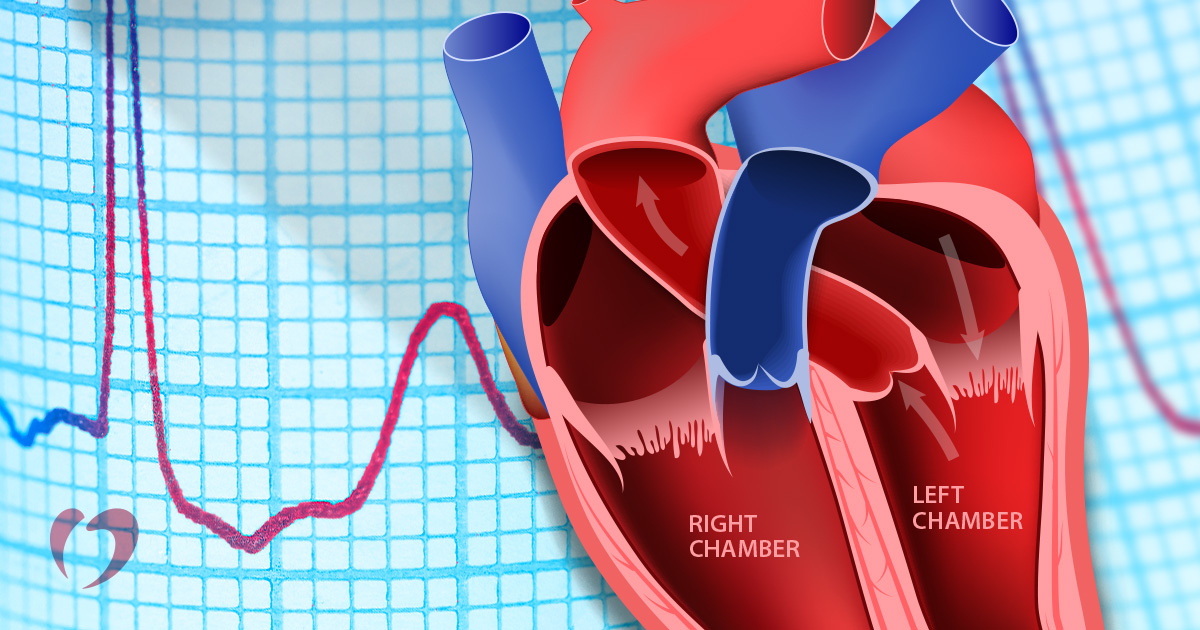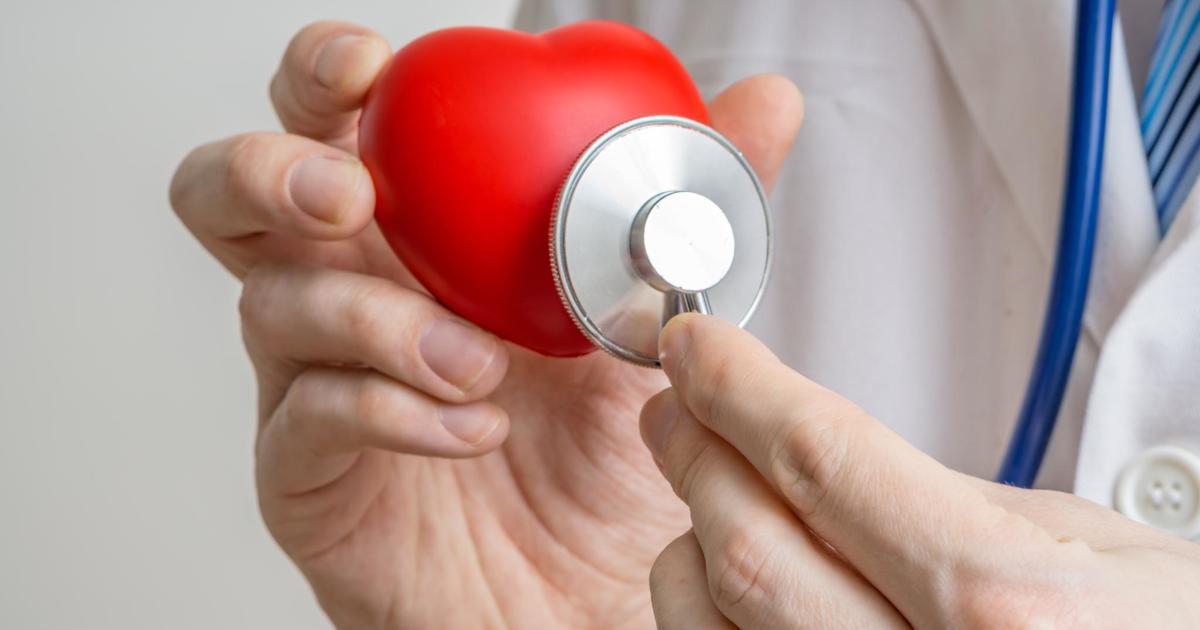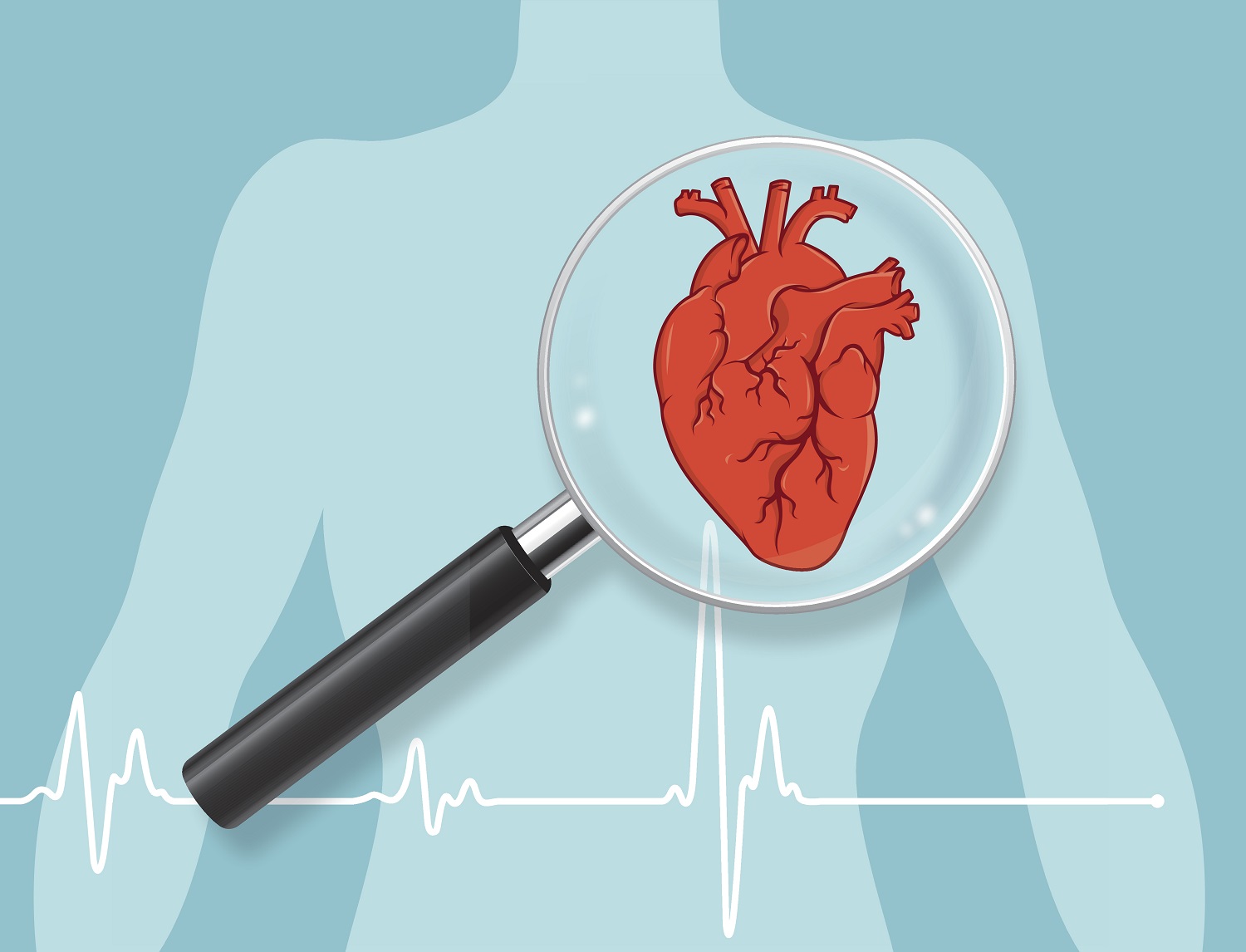What exactly is heart failure?
Heart failure is a condition in which the heart does not function properly. This causes the heart to lag in its job of transporting blood throughout the body. As a result, fluid accumulates in the body, and the organs do not receive adequate blood flow. This can result in symptoms such as swelling, difficulty breathing, and fatigue.

What exactly is atrial fibrillation?
Atrial fibrillation, also known as “AF,” is a rhythm problem in the heart. The electrical signals that control the heartbeat become abnormal in atrial fibrillation, and the top two heart chambers beat abnormally. When this happens, blood can pool and clot in these chambers. These clots can travel up the blood vessels to the brain and cause strokes. (A stroke occurs when a portion of the brain is damaged due to a disruption in blood flow.)
Aside from increasing your risk of stroke, atrial fibrillation can cause your heart to race, skip beats, or beat out of sync. It can also cause dizziness or shortness of breath.
Can people have heart failure as well as atrial fibrillation?
Many people suffer from both heart failure and atrial fibrillation. Typically, people have only one of these conditions at first. However, their condition “stresses” the heart and affects how it functions, causing the other condition to occur.
What should I be aware of if I have heart failure as well as atrial fibrillation?
If you have both conditions and one of them worsens, the other is likely to worsen as well.
If this occurs, your doctor will try to determine which condition is the more serious one so that it can be treated first. However, if both conditions are causing issues, you may require treatment for both at the same time.
The treatment will be determined by:
Your symptoms
Your heart failure or atrial fibrillation’s cause
Your doctor will talk with you and perform an exam to determine the cause of your heart failure or atrial fibrillation. They may also conduct tests.
What is the treatment for heart failure and atrial fibrillation?
Heart failure and atrial fibrillation are treated differently. However, your doctor can treat both conditions concurrently.
Doctors use various medications to treat heart failure. Most people require more than one medication per day. These medications can alleviate your symptoms and make you feel better. Some medications may help you live a longer life.
Atrial fibrillation treatment may include one or more of the following:
Medications – To treat atrial fibrillation, doctors can use a variety of medications.
A procedure known as “cardioversion,” involves applying an electrical current to the heart to correct its rhythm.
Ablation is a treatment that uses heat or cold to create a scar that blocks the flow of abnormal electrical signals.
A pacemaker is a device that is implanted in your body and sends electrical signals to your heart to control your heartbeat.
Surgery creates scar tissue in your heart to block the flow of electrical signals.
When should I contact a doctor or Cardiologist?
If you have new or worsening symptoms of heart failure or atrial fibrillation, contact your doctor or nurse.
Symptoms of heart failure include:
- tiredness or weakness;
- difficulty breathing;
- swelling in the feet, ankles, legs, or belly; and sudden weight gain.
- This action plan outlines the symptoms you should be on the lookout for on a daily basis.
Symptoms of atrial fibrillation include:
- feeling dizzy or faint;
- feeling like your heart is racing, skipping beats, or beating out of sync;
- and mild chest tightness or pain.



